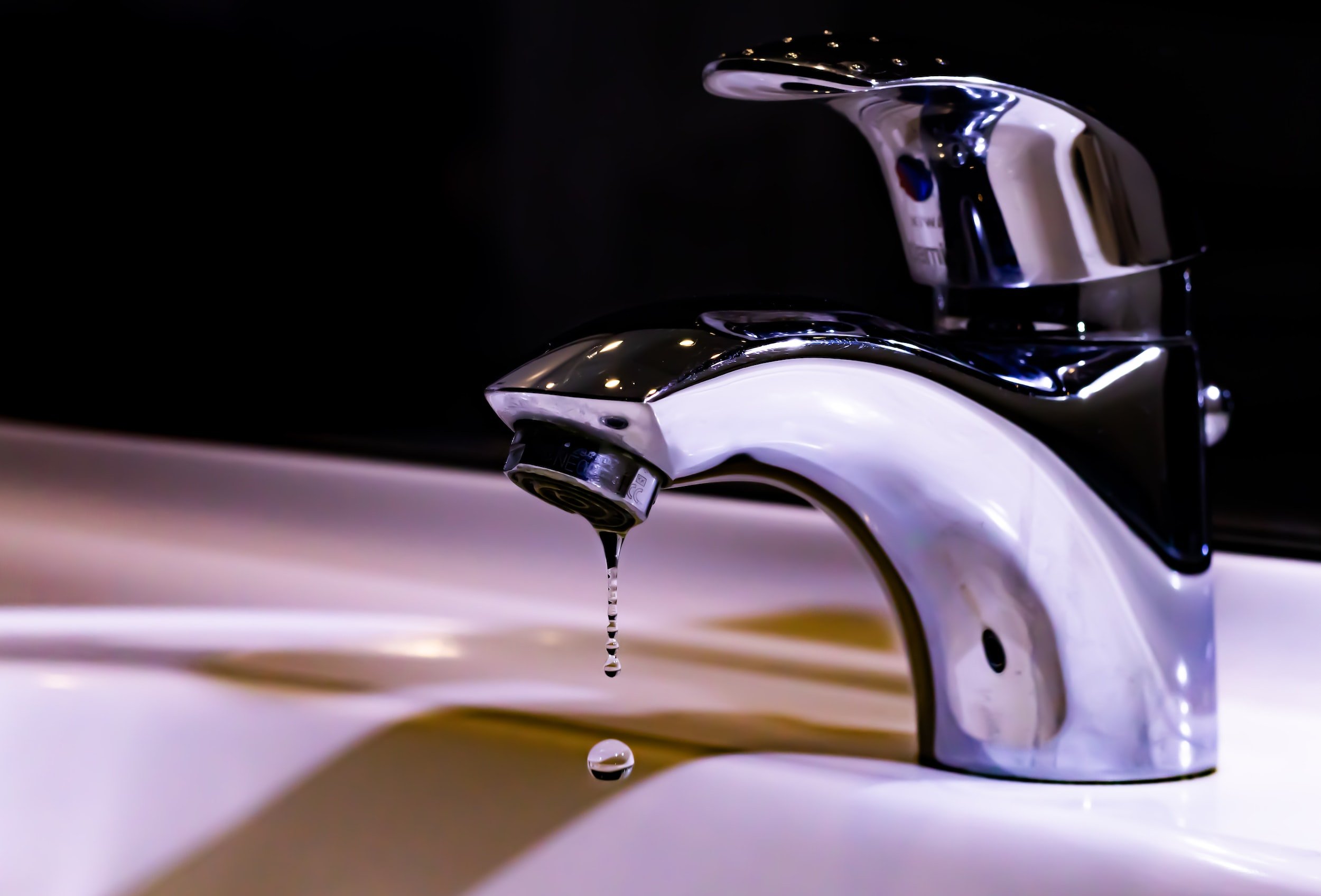
Weekly Top Plumbing Tips
Each week we will provide updates or advice on how to improve efficiency, cost effectiveness or reduce our impact on the environment. Check in here from time to time to see if we can help you with any new simple tips.
The Most Efficient Hot Water Units for the Family Home or Business.
Efficient hot water units are essential for every family home or business, providing comfort and convenience while reducing energy costs and environmental impact. In this article, we will explore some of the most efficient hot water units available, focusing on their key features and benefits.
1. Tankless Water Heaters: Tankless water heaters, also known as on-demand or instantaneous water heaters, have gained popularity due to their energy efficiency. Unlike traditional storage tank heaters, tankless units heat water only when it is needed, eliminating the standby energy loss associated with keeping a large tank of water heated.
These units work by heating the water directly as it passes through the system. They offer several advantages, including:
a. Energy savings: Tankless water heaters can be up to 30% more energy-efficient than traditional storage tank heaters, resulting in significant cost savings over time.
b. Endless hot water: With a tankless unit, you never run out of hot water. It provides a continuous supply, making it ideal for larger families or homes with high hot water demands.
c. Space-saving: Tankless water heaters are compact and wall-mounted, freeing up valuable floor space in your utility room.
d. Longer lifespan: Tankless units typically have a longer lifespan compared to storage tank heaters, lasting up to 20 years with proper maintenance.
2. Heat Pump Water Heaters: Heat pump water heaters are another excellent option for energy-efficient hot water supply. These units work by extracting heat from the surrounding air and transferring it to the water, rather than generating heat directly.
Key advantages of heat pump water heaters include:
a. Energy efficiency: Heat pump units are highly efficient, consuming up to 60% less electricity than conventional electric water heaters.
b. Environmental friendliness: By utilizing the heat from the air, rather than burning fossil fuels, heat pump water heaters significantly reduce greenhouse gas emissions.
c. Cost savings: While heat pump water heaters may have a higher initial cost, their long-term energy savings make them an economical choice.
d. Versatility: Heat pump units can work in various climates, extracting heat even from colder air. They can also function as cooling units in warm climates.
3. Solar Water Heaters: Solar water heaters harness the power of the sun to heat water, making them a sustainable and cost-effective option. These systems consist of solar collectors, storage tanks, and a backup heating source (such as electricity or gas) for cloudy days.
Advantages of solar water heaters include:
a. Renewable energy: Solar water heaters utilize clean, renewable energy, reducing dependence on fossil fuels.
b. Long-term savings: Although the initial installation cost can be higher, solar water heaters can provide significant savings on energy bills over their lifespan.
c. Environmental impact: Solar water heaters have a minimal carbon footprint, contributing to a greener future.
d. Government incentives: Many regions offer financial incentives, tax credits, or rebates to encourage the adoption of solar water heaters.
Investing in an efficient hot water unit is a wise choice for any family home or business. Tankless water heaters, heat pump water heaters, and solar water heaters all offer significant energy savings, reduced environmental impact, and long-term cost benefits. Consider your needs, climate, and budget to determine the most suitable option for your home.
5 Things you can do to save you time and or money this winter.
Plumbing issues can be costly to repair and can cause significant disruptions to daily life. However, there are several things you can do around your home to prevent plumbing issues and save money on repairs. Here are five things you can do to save money on plumbing issues:
Regular maintenance: Regular maintenance of your plumbing system can prevent costly repairs and ensure that your plumbing system is functioning correctly. Simple tasks such as cleaning the drains, checking for leaks, and inspecting the water heater can prevent potential plumbing issues.
Fix leaks promptly: Leaks can increase your water bill and cause water damage to your home. Fixing leaks promptly can prevent further damage and save money on repairs.
Install water-efficient fixtures: Water-efficient fixtures such as low-flow showerheads, faucets, and toilets can reduce your water bill and save money on water usage.
Insulate pipes: Insulating pipes can prevent freezing and reduce the risk of burst pipes during the winter months. This can save money on repairs and water damage. (depending upon where you live of course)
Proper disposal of waste: Proper disposal of waste such as food waste, cooking oil, and hygiene products can prevent clogging and blockages in the plumbing system. This can save money on drain cleaning and repairs.
In conclusion, taking simple steps to maintain your plumbing system and prevent plumbing issues can save money on repairs and water bills. Regular maintenance, fixing leaks promptly, installing water-efficient fixtures, insulating pipes, and proper disposal of waste can prevent plumbing issues and ensure that your plumbing system is functioning correctly. If you are experiencing any plumbing issues, it is important to call a professional plumber to diagnose and fix the issue promptly.

